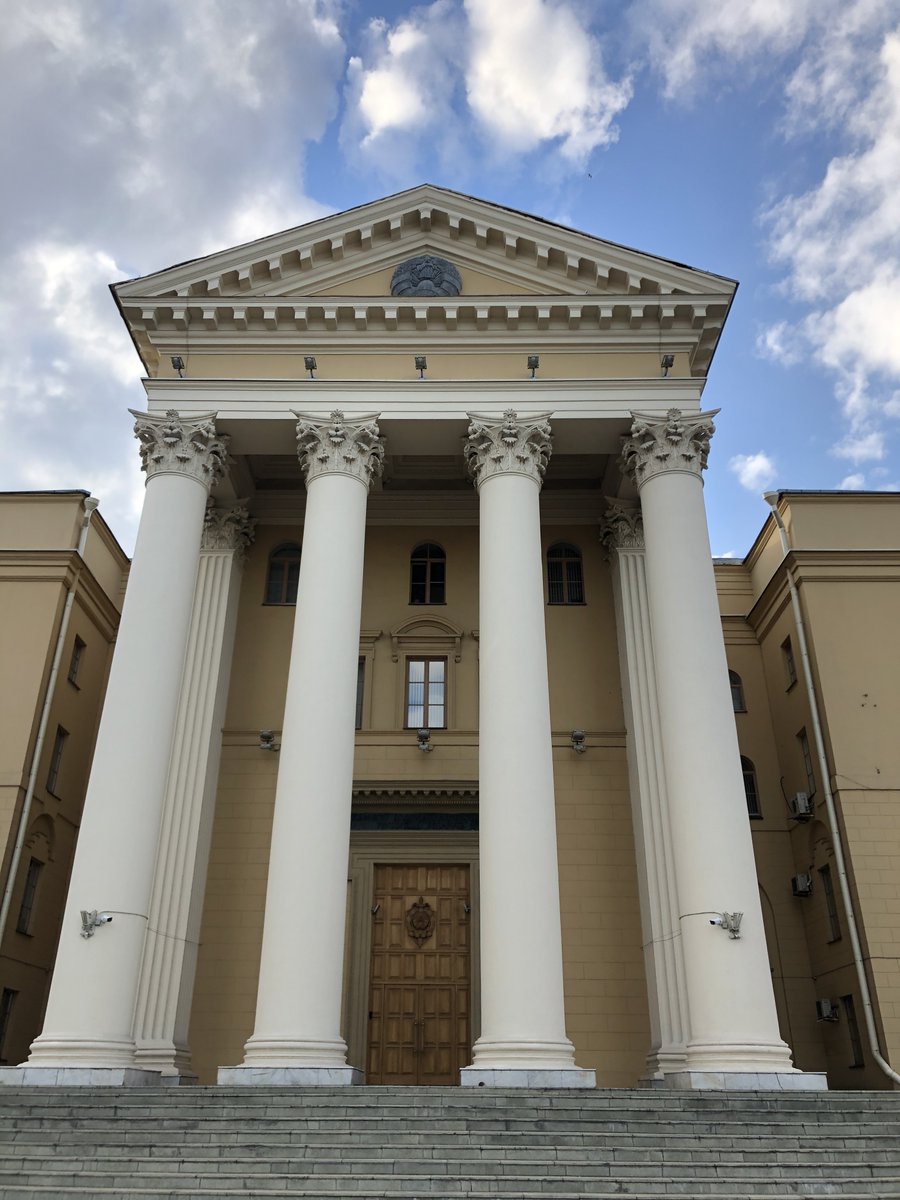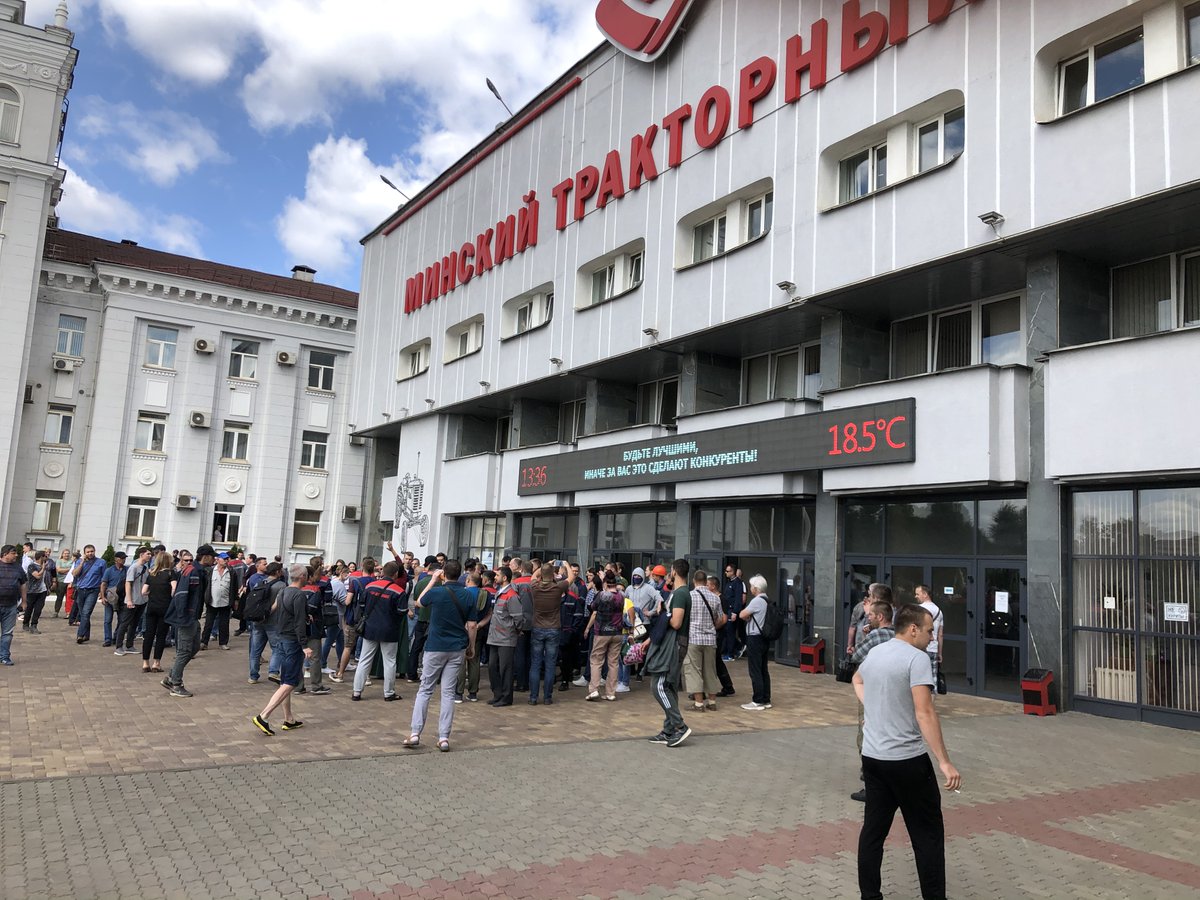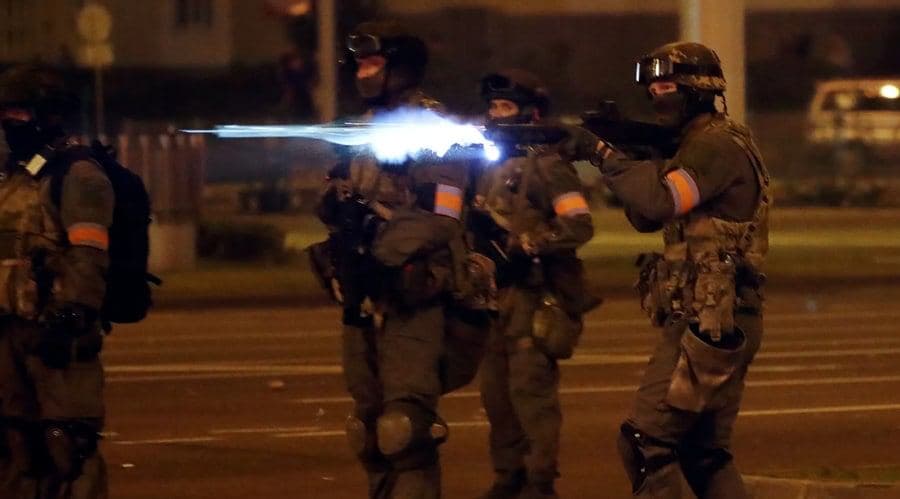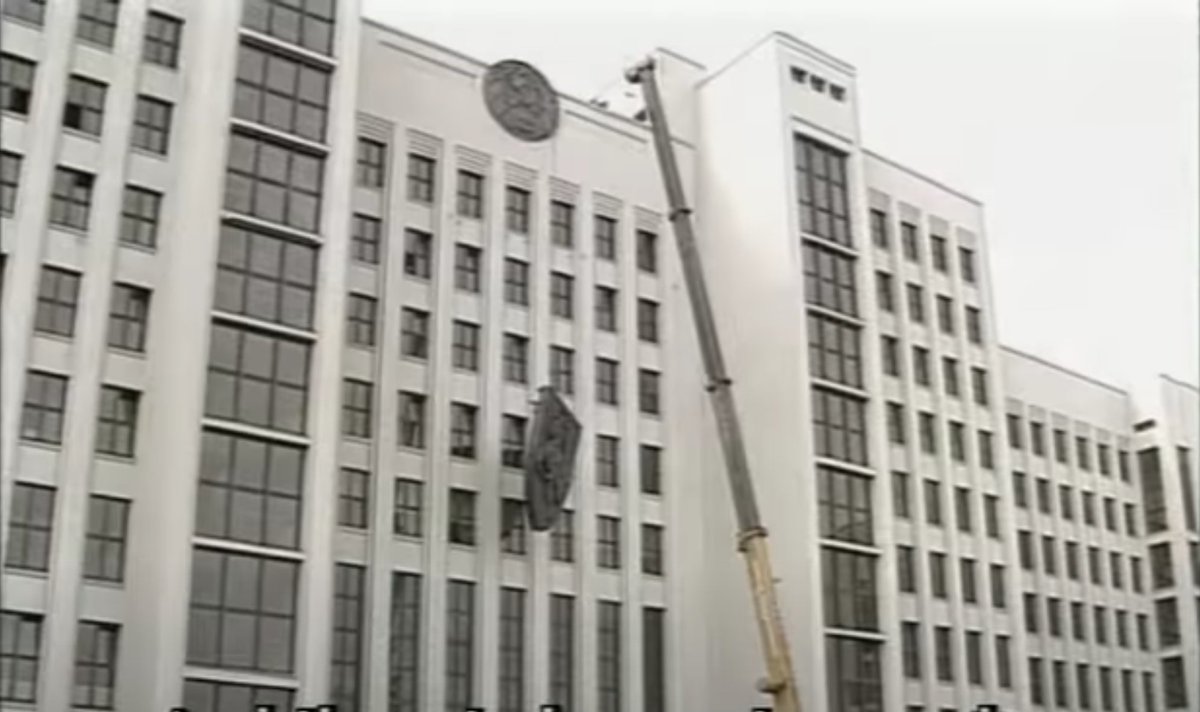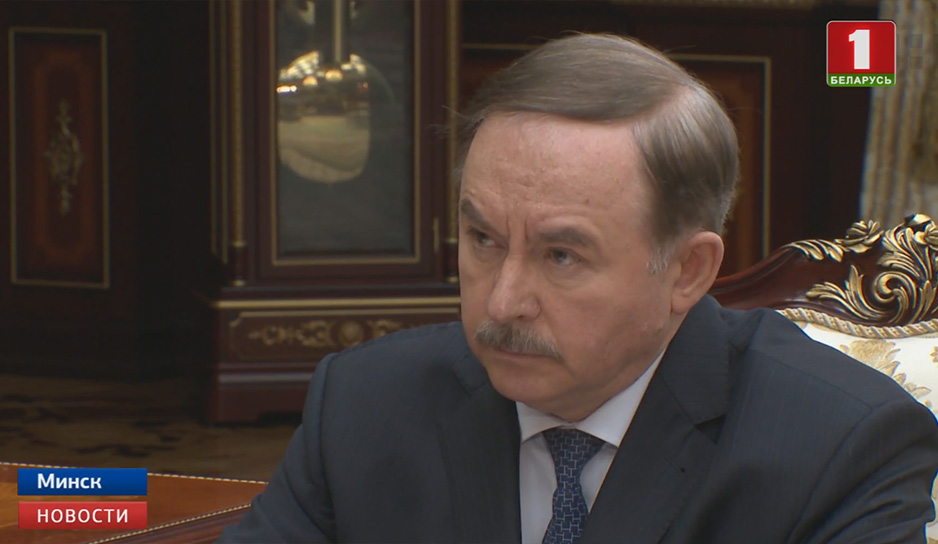I spoke to former high-ranking Belarusian prosecutors, investigators, judges, lawyers, ministers and other officials to describe the insidious machine of repression that sustains Lukashenko's rule in Belarus despite mass and enduring protests. THREAD: https://www.nytimes.com/2020/11/14/world/europe/belarus-lukashenko-protests-crackdown.html
Here are some of its elements:
1) The all-pervasive network of KGB curators controlling every establishment in the country from kindergartens to ministries; agents collecting compromising materials on senior government officials and eavesdropping their conversations;
1) The all-pervasive network of KGB curators controlling every establishment in the country from kindergartens to ministries; agents collecting compromising materials on senior government officials and eavesdropping their conversations;
2) Two parallel legal systems: one processing normal crimes, another dealing with everything political: “The whole vertical of power from a police officer to the prosecutor general and the Supreme Court is working to defend the current political regime,” said a former prosecutor;
3) Carrot and sticks to law enforcement officials. “You pay one ruble at the entry, but the exit costs two,” a former investigator said. Perks such as subsidized apartments and bonuses in a package with mandatory weekly brainwashing classes;
4) A system of state contracts. People working for the state need their contracts extended every year. In case you are suspected of disloyalty you are out;
5) Zero tolerance to street demonstrations: over 100 days since the election, more than 17,000 have been arrested, hundreds tortured and four killed. Lukashenko government used elite anti-terrorism units against protesters. Pic via https://t.me/motolkohelp )
6) Opposition leaders being pushed out of the country or arrested (more than 900 criminal cases opened) – per @viasna96. @navalny wouldn't be possible in Belarus.
The roots of that system of suppressing dissent stem back to the early days when Lukashenko consolidated all levers of power in his hands. In 1996, he adopted a constitution that gave him monarchical powers and began to instill “order” in the country.
During that time, Lukashenko used extrajudicial measures to get rid of organized crime gangs. Viktor Sheiman, his loyal confidante who is now in charge of his office, ran around the country “with a gun, destroying all scum,” as Mr. Lukashenko himself described it in August.
Sheiman has been the president’s point man for political repressions, former law enforcement officials said. He was responsible for torture and mass random detentions that followed the election night in August, said Anatoly Kotov, who worked under him.
One law enforcement official described him as “Lukashenko’s Himmler.” Sheiman's office denied he had anything to do with the post-election suppression of dissent.
Today, Lukashenko presides over the most consolidated, authoritarian and personalistic government Europe has known since the collapse of the Soviet Union. “This is the type of evil that Europe hasn’t seen for decades,” said Sergei Chaly, an analyst of Belarusian affairs.
With pix by Yauhen Yerchak and help from many others who cannot be named for reasons described above.

 Read on Twitter
Read on Twitter